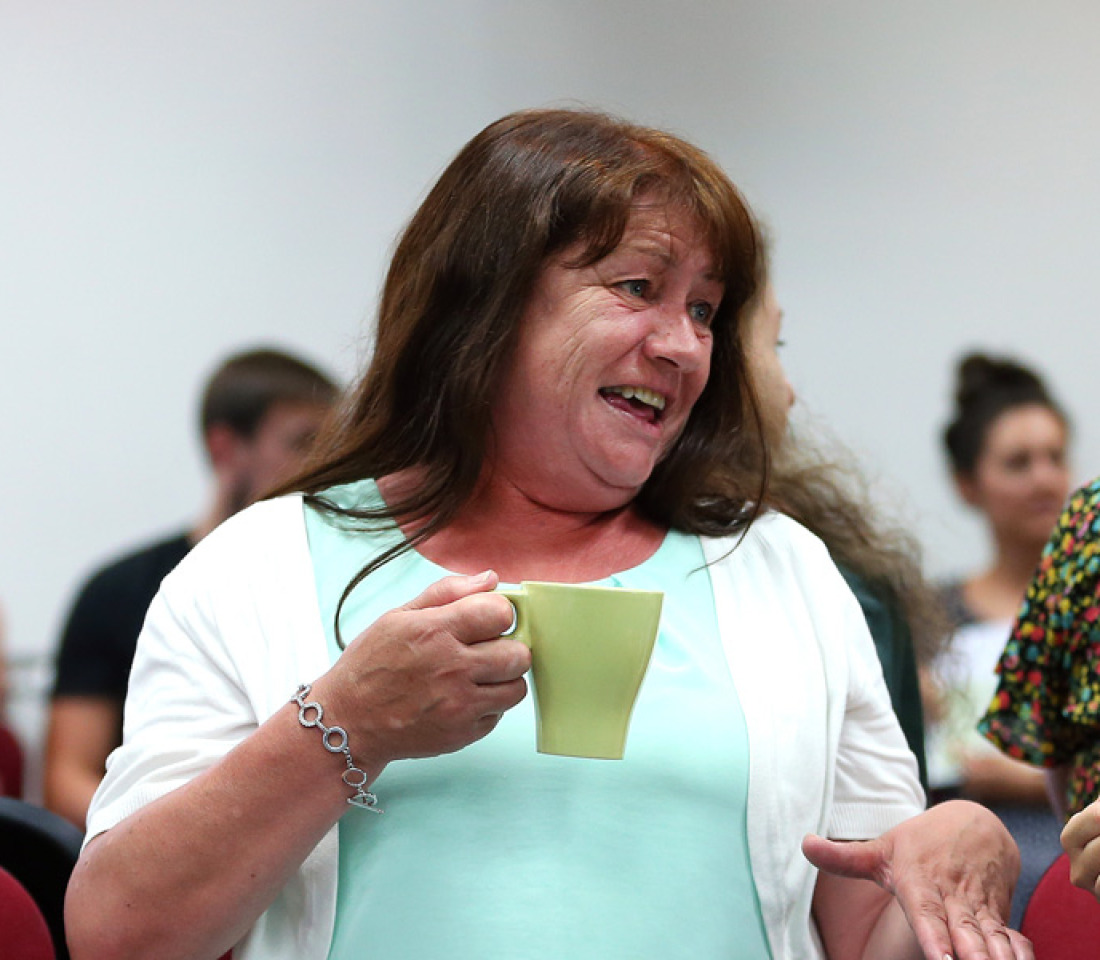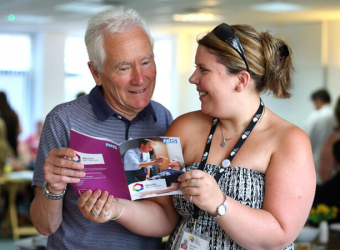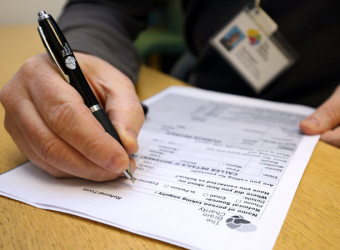What is apraxia?
Apraxia is a neurological condition which causes the inability to perform familiar movements, even though the command is understood and the person wants to perform the movement.
Someone with apraxia has both the desire and the capacity to make the movement, but is unable to execute the act.
What causes apraxia?
Apraxia occurs when certain parts of the brain (within the cerebral hemispheres) stop working as they should.
This is believed to be due to a lesion in the neural pathways of the brain that store memories of the learned patterns of movement.
It is often a symptom of a brain injury or a disease or condition that affects the brain, such as:
Apraxia can also be caused by other neurological and metabolic conditions.
What are the symptoms of apraxia?
People with apraxia may struggle to use tools and carry out routine tasks such as tying shoelaces or buttoning shirts.
This can make day-to-day living more difficult, and those with significant apraxia may need support from carers.
Apraxia comes in many different forms, including:
- Lamb-kinetic apraxia – the inability to make precise movements with a finger, arm or leg, even though the person understands the movement and has made it in the past. An example is the inability to use a screwdriver.
- Ideomotor apraxia – the inability to carry out a command to mimic movements made or suggested by others.
- Conceptual apraxia – is similar to ideomotor ataxia, but means people are also unable to carry out multi-step actions.
- Ideational apraxia – the inability to plan for a specific movement or follow a sequence, such as getting dressed.
- Buccofacial apraxia (sometimes called facial-oral apraxia) – the inability to carry out facial and lip movements on command, such as whistling, winking or coughing.
- Constructional apraxia – this affects the person’s ability to draw or copy simple diagrams.
- Oculomotor apraxia – this is where the person affected finds it difficult to move their eyes.
- Verbal apraxia – (also known as speech developmental apraxia or apraxia of speech) – this is where someone struggles with making the mouth movements, sounds and rhythms speech requires, and is similar to aphasia.


















